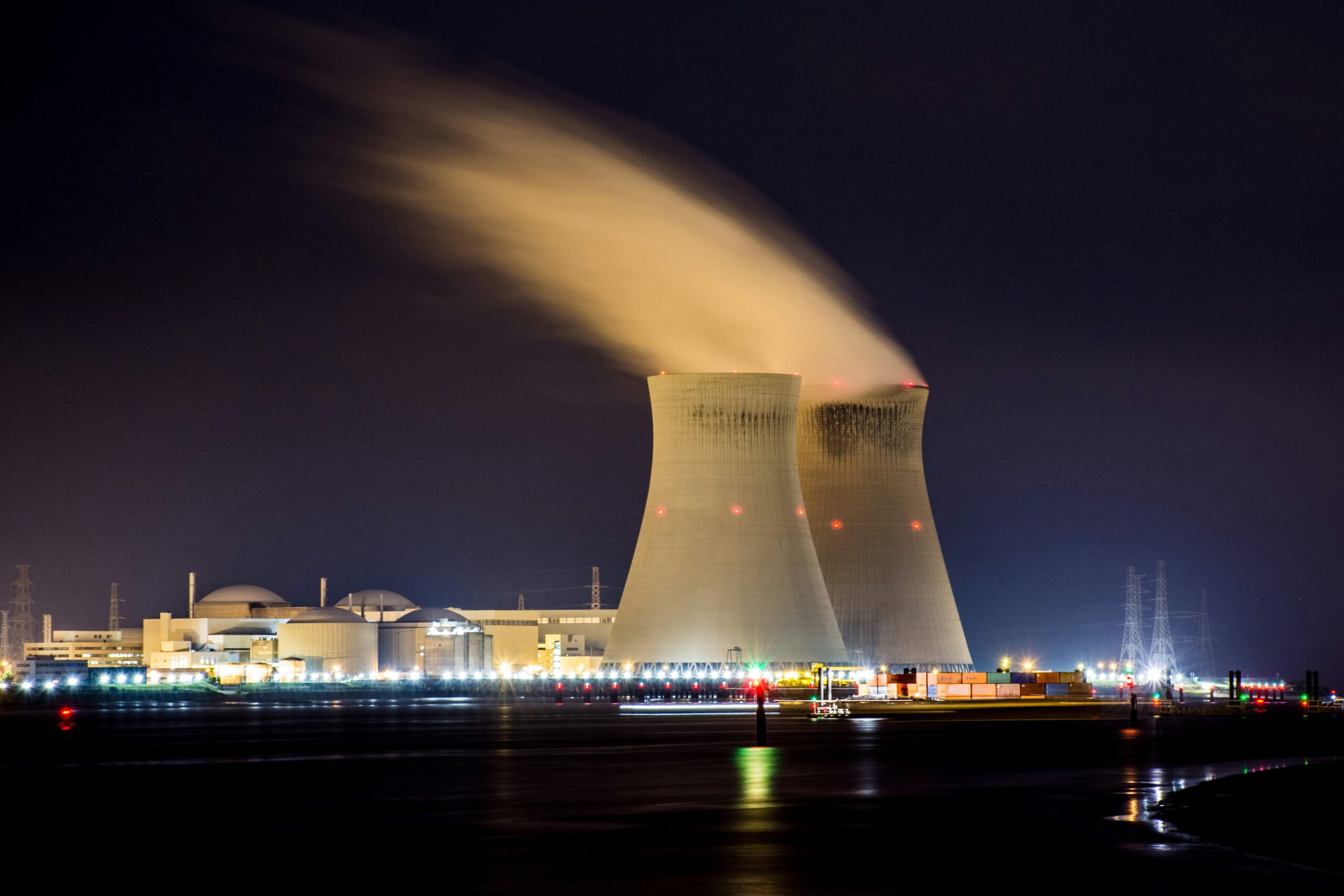Amidst escalating tensions, the specter of AI controlling nuclear arsenals has sparked international alarm. US, UK, and France underscored the importance of human oversight in nuclear deployment, rejecting AI’s involvement. State Department official Paul Dean urged Russia and China to follow suit, highlighting the critical need for responsible behavior in global nuclear security. This call resonates within the UN Security Council, emphasizing a united stance among nuclear powers.
Regulators warn of AI’s “Oppenheimer moment,” urging governments to enact legislation restricting its role in military technology. Discussions at the Vienna conference highlighted the urgency of establishing international norms regarding AI’s militarization. Austrian Foreign Minister Alexander Schallenberg stressed the pivotal decision-making role of humans in life-and-death scenarios, advocating for stringent controls over AI’s autonomy.
Support for negotiations on autonomous weapons systems is reaching unprecedented levels, reflecting the pressing need for a robust international treaty. Examples abound of AI’s military application, including Israel’s use of AI to target militants and Ukraine’s development of AI-enabled drones for enhanced military capabilities.
The Biden administration’s efforts to deepen discussions with China on nuclear policy and AI underscore the gravity of the issue. Recent talks between US Secretary of State Antony Blinken and China’s Foreign Minister Wang Yi emphasized the importance of managing risks and safety surrounding AI technology.
However, while US-China military communications have resumed, formal arms control negotiations remain elusive. China’s advocacy for a no-first-use treaty among nuclear powers reflects the complexities of global nuclear dynamics.
This comprehensive report amalgamates insights from multiple reputable sources, including MSN, Fox News, and Reuters, providing a nuanced understanding of the challenges posed by AI in nuclear security. By synthesizing key findings from these sources, this article offers a balanced perspective on a pressing global issue. As the world grapples with the implications of AI’s rapid advancement, the need for proactive measures to safeguard against its misuse becomes increasingly apparent.
As the global community navigates the complexities of AI integration in military operations, the imperative of maintaining human control over nuclear weapons is paramount. By adhering to established norms of responsible behavior, nations can mitigate the risks posed by AI while harnessing its potential for positive advancements in security and defense.
This article serves as a vital resource for readers seeking to stay informed about the latest developments in global security. Through careful analysis and synthesis of information from diverse sources, it offers a comprehensive overview of the challenges and opportunities presented by AI in nuclear security.


![[Image-Deepseek]](https://aiglobaltimes.com/wp-content/uploads/2025/02/Screenshot-from-2025-02-01-17-22-58.png)


